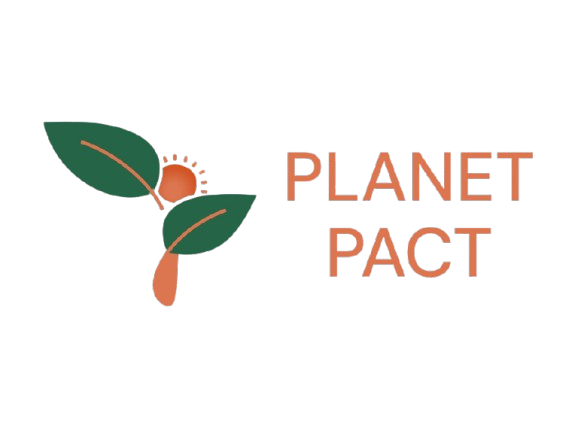When it comes to sustainability, one thing is clear—no one can do it alone. Whether it’s reducing plastic waste, cutting carbon emissions, or improving working conditions, real impact happens when businesses, communities, and governments join forces. Yet, many companies still try to go at it solo. Why? Fear of losing their competitive edge? A reluctance to share ideas? Or maybe they just haven’t asked themselves: What do we have to lose?
Sustainability challenges are massive, messy, and interconnected. A single business can only do so much, but when organisations collaborate, they create ripple effects that reach far beyond their own operations. By pooling resources, knowledge, and influence, businesses can tackle sustainability challenges more effectively, whether it’s addressing supply chain transparency, reducing carbon footprints, or innovating in sustainable materials. No single organisation has all the answers, but together, industries can move faster toward meaningful solutions.
Real-World Impact: Some Success Stories
Sustainable Packaging Innovation – Nestlé & Danone: Nestlé and Danone, two major competitors, came together to develop 100% bio-based plastic bottles through the NaturALL Bottle Alliance. Instead of working in isolation, they collaborated with research institutions and supply chain partners to create a sustainable alternative to traditional plastic packaging. This partnership is proving that collective R&D efforts can lead to meaningful progress in reducing plastic waste. In 2018, PepsiCo joined their alliance. Read more
Another notable example of collaboration in India leading to significant sustainability impact is the partnership between major Indian and global brands, the Government of Madhya Pradesh, farmers, and civil society organizations to promote regenerative agriculture and sustainable sourcing. This initiative, known as the Regenerative Production Landscape Collaborative (RPL Collaborative), was founded by Laudes Foundation, IDH The Sustainable Trade Initiative, and WWF India. Read more
Why Aren’t More Businesses Teaming Up?
There’s often hesitation. Companies worry about sharing proprietary data, losing competitive advantages, or dealing with too many stakeholders. But the truth is, the biggest wins come when we drop the ‘my company vs. your company’ mindset and look at the bigger picture. What’s the worst that could happen if we joined forces on sustainability? More impact? More efficiency? Stronger trust from consumers? Sounds like a win-win.
Moving from Words to Action
If you’re in a business that wants to make a real difference, ask yourself:
- Who else in my industry is working on the same challenges?
- What existing initiatives could we support rather than starting from scratch?
- Are we focusing more on competition than collective progress?
Sustainability isn’t a solo sport. The companies that will make the biggest impact—and the most meaningful long-term profits—are the ones that realise collaboration isn’t a weakness; it’s the ultimate strategy.
So, what do you have to lose?

